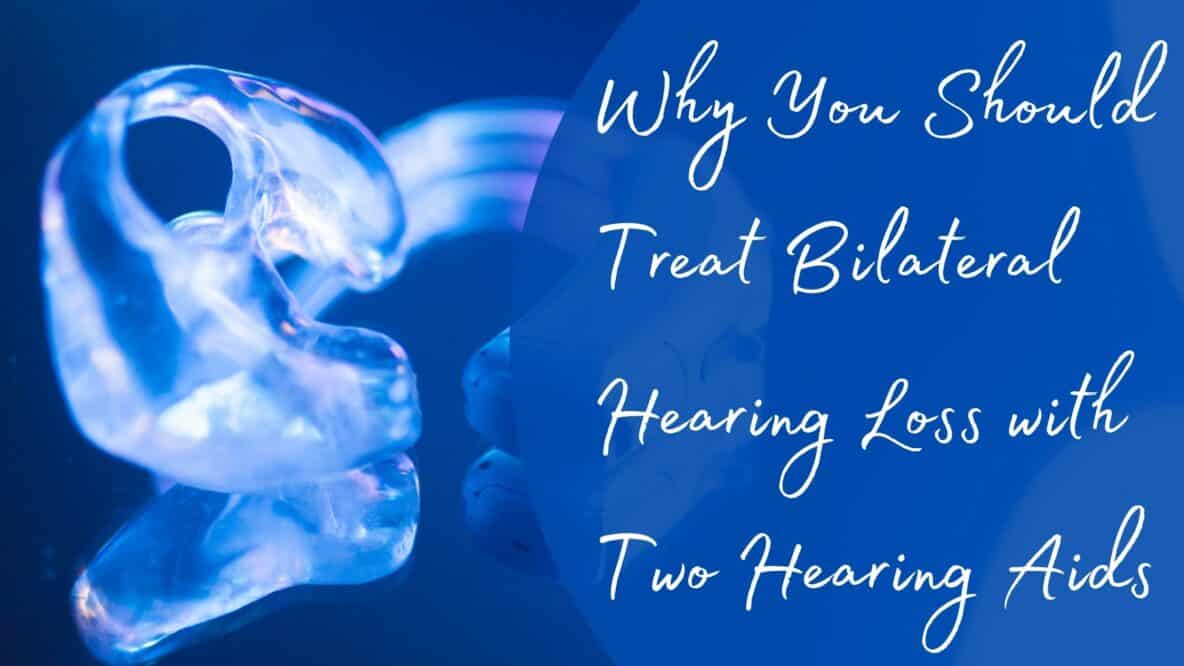When you consider your sense of hearing, you probably think first of your ears. The truth is that much of our process of hearing happens in the brain. The second assumption you might make is that your hearing only pertains to well, hearing. Perceiving and understanding the sounds of the world is only part of how your sense of hearing helps you function in the world. Another benefit is that our hearing helps us to locate ourselves and other sounds within your environment.
Binaural hearing
Our internal GPS is reliant upon two hearing ears. This circumstance is called binaural hearing, a natural outcome for most humans. It helps us locate ourselves and other factors in our environment without us even being aware of the process.
When we hear a noise with both ears, our brain automatically calculates where that source is coming from by measuring the difference in sound between our two ears. It’s how we know which direction to travel on our hike when we hear the loud waterfalls at our target destination or know that the car horn honking for us to get out of the way is coming from the right.
How hearing loss impacts binaural hearing
Hearing loss is a condition with more than a few causes. The most prevalent causes of hearing loss later in life are the result of aging and excessive noise exposure. Both harm the fine cells of the inner ear which are responsible for receiving noise from the external world before turning it into sound information. From there, this sound information is transmitted to the brain via the auditory nerve. When our brains receive less sound information to process, the result is that we hear less.
Unfortunately, it’s unlikely that both noise and aging will impact our ears in exactly the same manner, resulting in asymmetrical hearing loss. Just as the optical prescription of our right and left eyes are likely different, so might our auditory exam results. When our ears have different levels of hearing loss, we are unable to accurately tap into our ability to pinpoint locations of sounds and even of ourselves in space.
Why two hearing aids might help
In situations of people with hearing loss qualify as candidates for hearing aids, wearing two hearing aids — one in each ear — can help to recalibrate binaural hearing back to normal. In addition to allowing you to better identify locations of noises in the environment, it can also help give you better speech clarity to understand the conversations around you. Because two hearing aids are working instead of one, you require less amplification power in each ear, which can make adjusting to hearing aids easier and more comfortable for your brain. It can help your brain to filter out background noise in group or busy social settings and you’ll be less likely to ignore someone who isn’t speaking “into your good ear.”
Risks involved from our loss of binaural hearing
If you are accustomed to living without binaural hearing, such as you might be if you experience this hearing loss early in life, you likely found coping mechanisms to make up for its loss. You’ve also never relied on this function for safety in the world. However, if you have lived most of your life using binaural hearing to minimize your danger and increase your safety in the world, especially subconsciously, the loss of this superpower might put you at risk.
Falls, one of the leading health risks for people over 65 years of age are more likely with hearing loss, particularly as it impacts your sense of space and depth perception. This is directly connected to binaural hearing.
Additionally, the loss of binaural hearing can negatively impact driving ability. Traffic sounds and where they are coming from are important source of information that keeps you and others safe on the road.
Find out if two hearing aids will help you
To find out if you are a good candidate for hearing aids, schedule a hearing consultation today. After a simple hearing exam, our team will walk you through your results and make recommendations on potential solutions. Together, we’ll find the hearing health treatment that best suits your unique lifestyle and needs.

